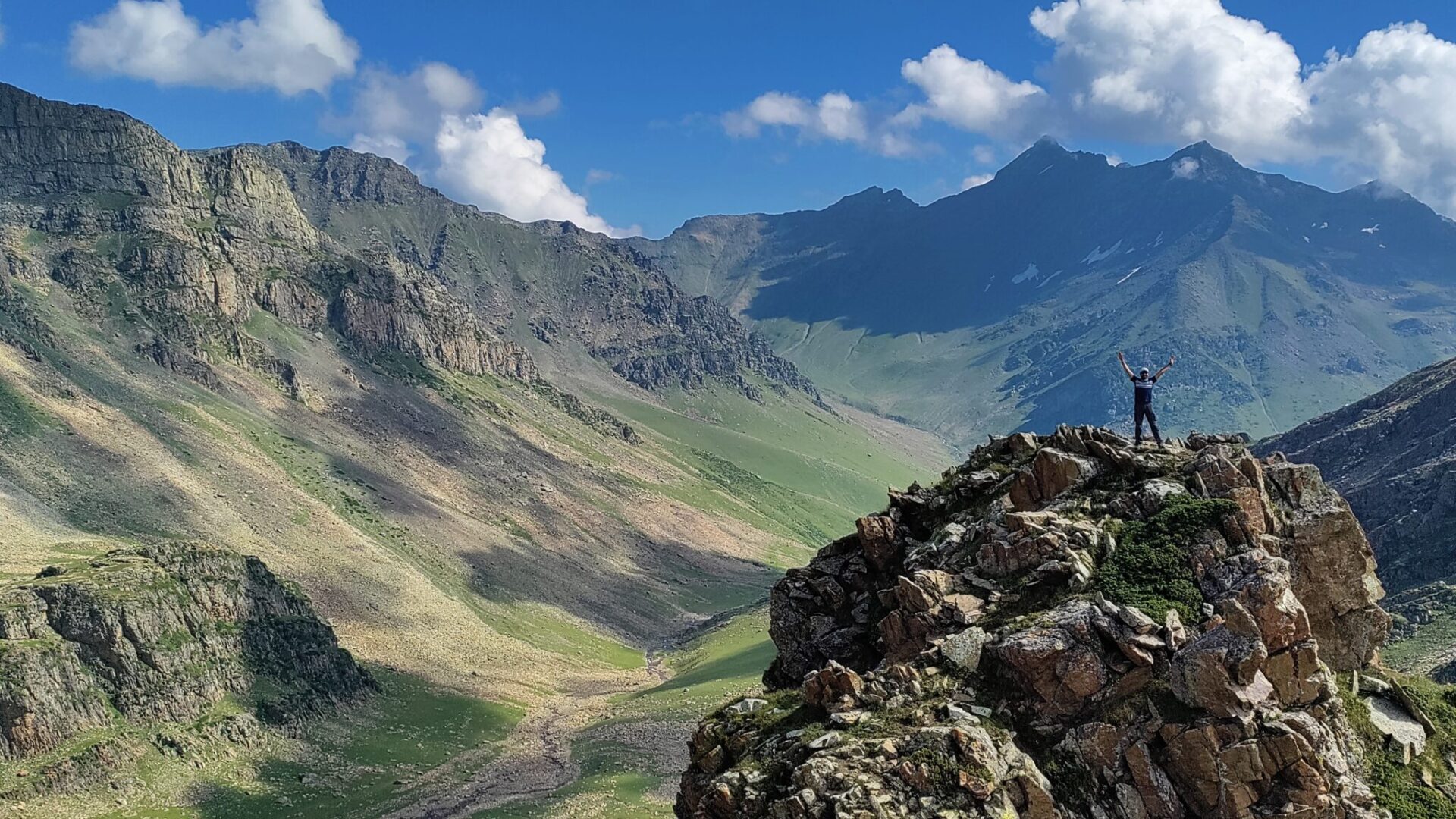With cities reaching toxicity levels that we couldn’t have imagined even 5 years ago, more and more city folk are finding it a necessity to escape all of it and travel towards the pristine environs of the Himalaya, desert, sea and other sparsely populated parts of the country. Adventure activities are on an all time high in the country.
While these experiences can be personally satisfying for us recreationalists, at the same time they can prove costly for the places we visit and the plants and animals that inhabit these areas. The wild lands of India are diverse and beautiful but we must remember that they are equally fragile and vulnerable. Polluted waters, littered trails and campsites, displaced wildlife, eroded soils and trampled vegetation are just some of the impacts linked directly to recreational activities. Even our mere presence has an influence.
There is a way all of us can help reduce and even prevent considerable damage. The answer lies in providing information to recreationalists, especially about the principles of Leave No Trace (LNT).
LNT comprises of seven principles. If proper followed, tourists can reduce the ecological footprint caused by outdoor activities, particularly non-motorised recreation. The beauty and simplicity of these principles enables them to be applied anywhere — from high-altitude mountains to city parks and even our own backyards. Extending common courtesy and hospitality to our fellow travellers and most importantly to act on behalf of the voiceless nature that inspires us is the aim of these principles.
Anthill Adventures will strive to put these into practice and we hope you will be able to take back the principles and practically apply them in your day to day lives.


